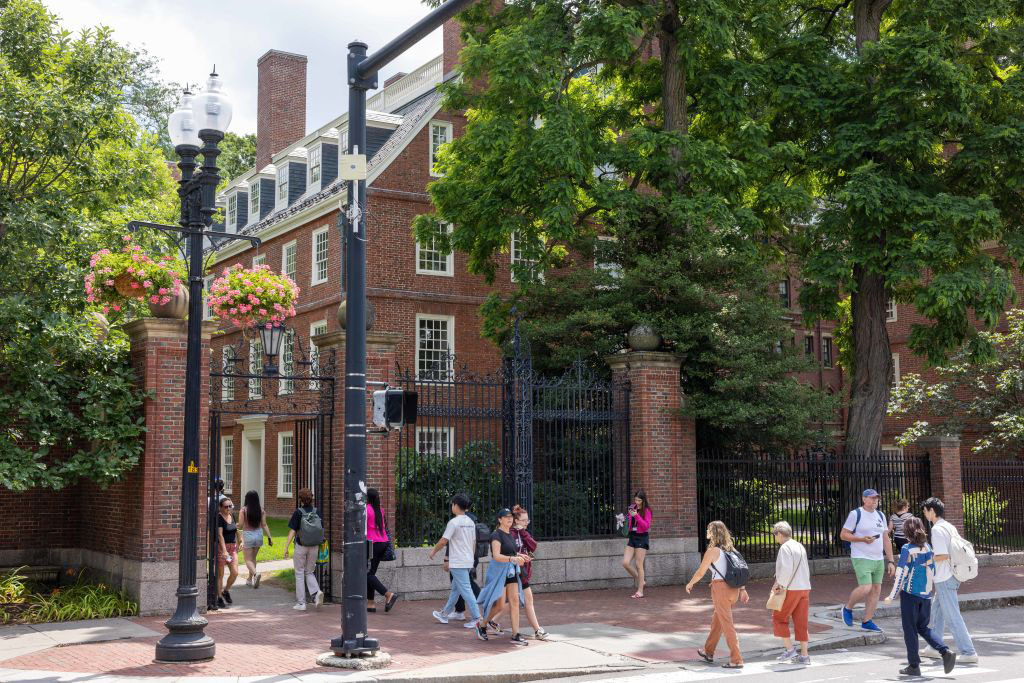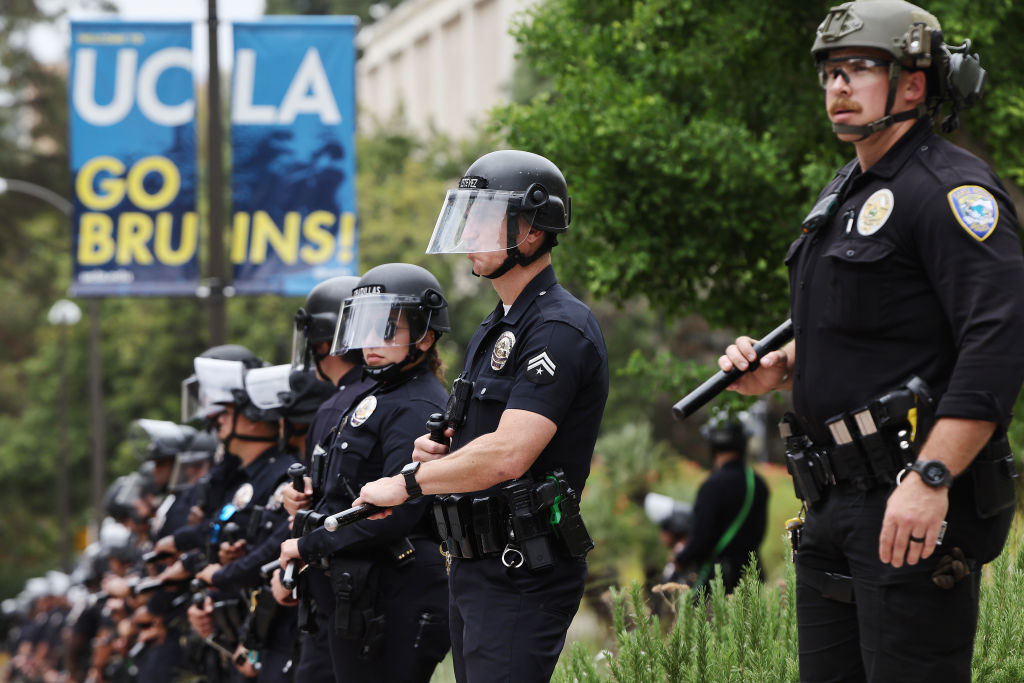Yemeni and US embassy officials went on high alert recently after Al-Qa'ida offered a bounty to kill US ambassador to Sana'a Gerald Feierstein or any American soldier in the country.
American officials were said to be determined not to allow a repeat of the attack on the US embassy in Benghazi, Libya, last September 11 that left Ambassador J. Christopher Stephens and four others dead.
“We take Al-Qa’ida threats to target the American ambassador and diplomats very seriously and we took all measures to foil any potential terrorist operation aiming to target them….We increased the security presence around embassies across the nation and we are ready to encounter any potential threats,” a high-ranking Yemeni Interior Ministry official told The Media Line, asking to remain anonymous in line with military protocols.
He added that Yemeni security bodies and the American embassy were cooperating to protect American diplomats, but refused to offer further details. Embassy spokesman Lou Fintor told The Media Line: “We take such threats very seriously and will continue to monitor the situation closely. We are operating in a highly sensitive and difficult situation.”
The Al-Qa'ida threat came in an audio message posted on the organization's websites last week. The Yemen branch of the organization offered three kilograms of gold (6.6 pounds) worth about $100,000 to kill the US ambassador and five million Yemeni riyals ($23,000) for killing any American soldier in the country. The offer is valid for six months and the bounties aim to “inspire and encourage our Muslim nation for jihad,” the message said.
The United States considers the Yemeni branch of Al-Qa'ida to be the global terrorist organization's most dangerous and active cell. The threats come as the US has stepped up its use of drones searching for terrorist operatives in Yemen's southern and southeastern provinces.
Just this past Friday, dozens of people in the town of Rada, briefly taken over by Al-Qa'ida last year, demanded the drone attacks be halted immediately. Rada is just one of several key towns in the southern and southeastern parts of Yemen taken over by Al-Qa'ida in 2011, but taken back by the Yemeni army with assistance from the United States in May 2012.
While Yemen and the US are taking the terrorist threats very seriously, Abaad Studies and Research Center Chairman Abdusalam Mohammed downplayed them, saying they only expose Al-Qa'ida's weakness. “If the militant group could assassinate the Americans, it would have done so without publicly announcing bounties for killing them,” he said.
“There are two possible scenarios for the threats,” he added. “The first is that they were really made by Al-Qa'ida. In this case the threats are not dangerous at all as they only help expose Al-Qa'ida's weakness in Yemen after its militants were driven out from their proclaimed Islamic emirate in the Abyan governorate and amid the continuing hunt against the [terrorist] elements by the army and American drones. The second is that there are local or international bodies planning to target embassies and diplomats in the country with the aim of causing chaos – this is what Yemen and the US should take into consideration.” He said those bodies might only be hiding behind Al-Qa'ida, and discounted any link between the increase in US drone strikes and these latest Al-Qa'ida threats.
Mohammed says he believes the American administration is taking the threats seriously because it can't allow for a repetition of the Benghazi attack. “Whether the threats are credible or not, the American government is not willing to leave any security loopholes for the militants to capitalize on and repeat Libya's scenario,” he added.






















 More news and opinions than at a Shabbat dinner, right in your inbox.
More news and opinions than at a Shabbat dinner, right in your inbox.